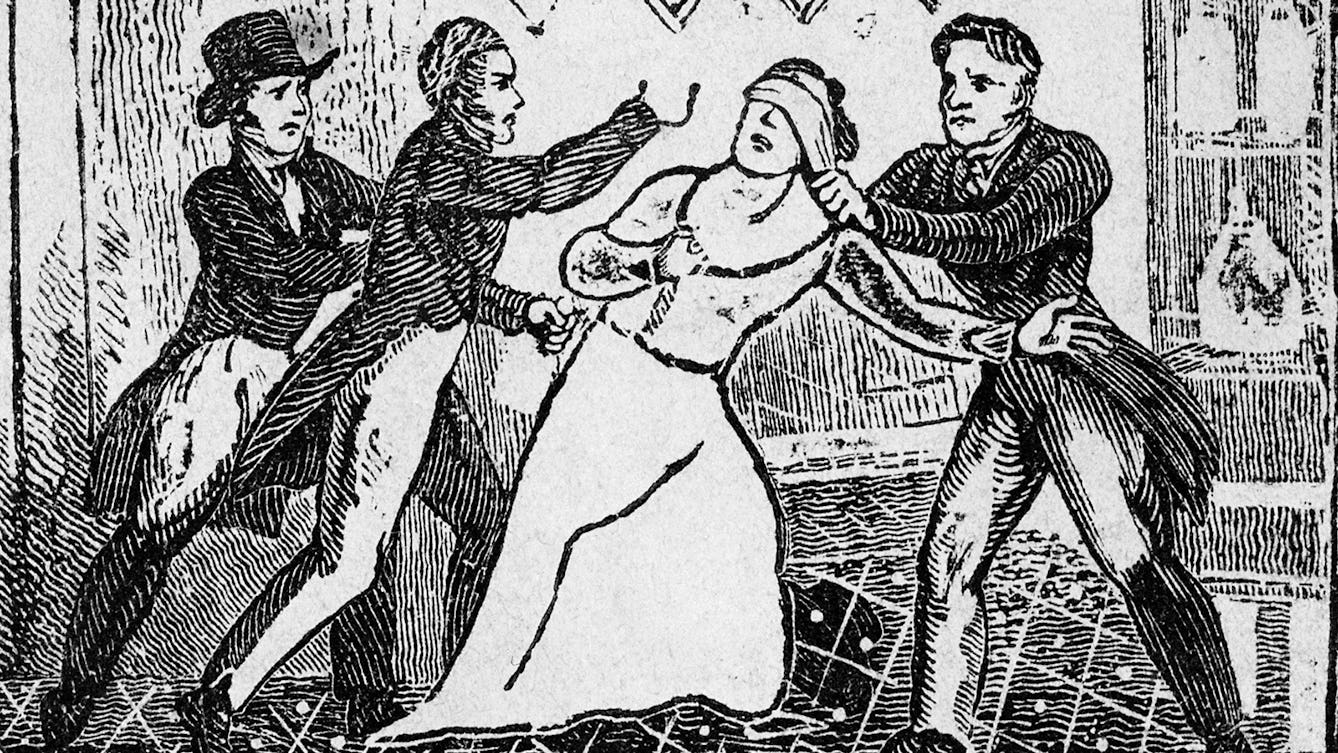
- Article
- Article
The rise and fall of a medical mesmerist
Uncover the fascinating story of the doctor who popularised hypnotism as a medical technique, and could name Dickens among his famous friends.

- Article
- Article
Chemical highs and psychedelic research
Could recreational drugs make you happy? Kate Wilkinson explores why keen clubber Simon believes taking psychedelics has helped him develop as a person.

- Article
- Article
Children in burns prevention campaigns
Whose responsibility is it to prevent accidental burns and scalds in the home? Shane Ewen’s research shows that it’s everyone’s concern.
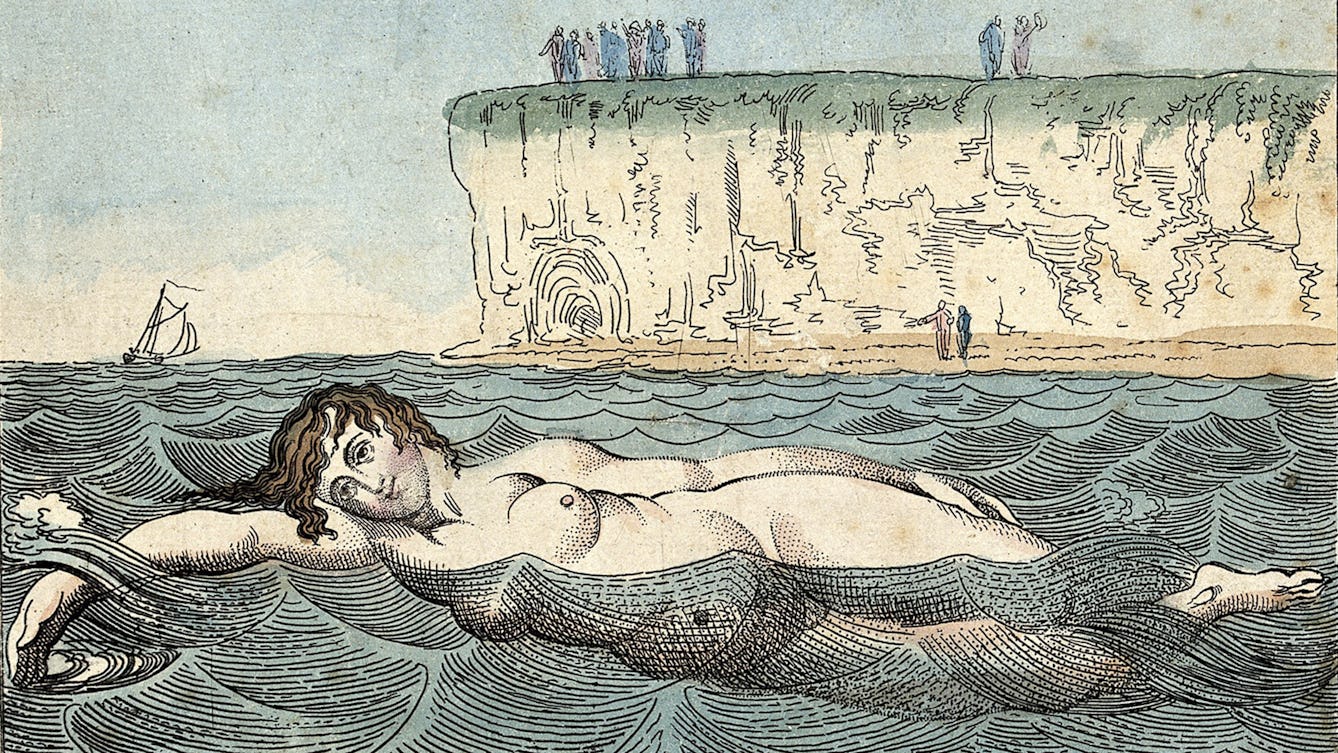
- Article
- Article
Doctors and the English seaside
Fashionable seaside towns in England owe much of their popularity to 18th-century doctors, who advised them to take the 'sea cure'.
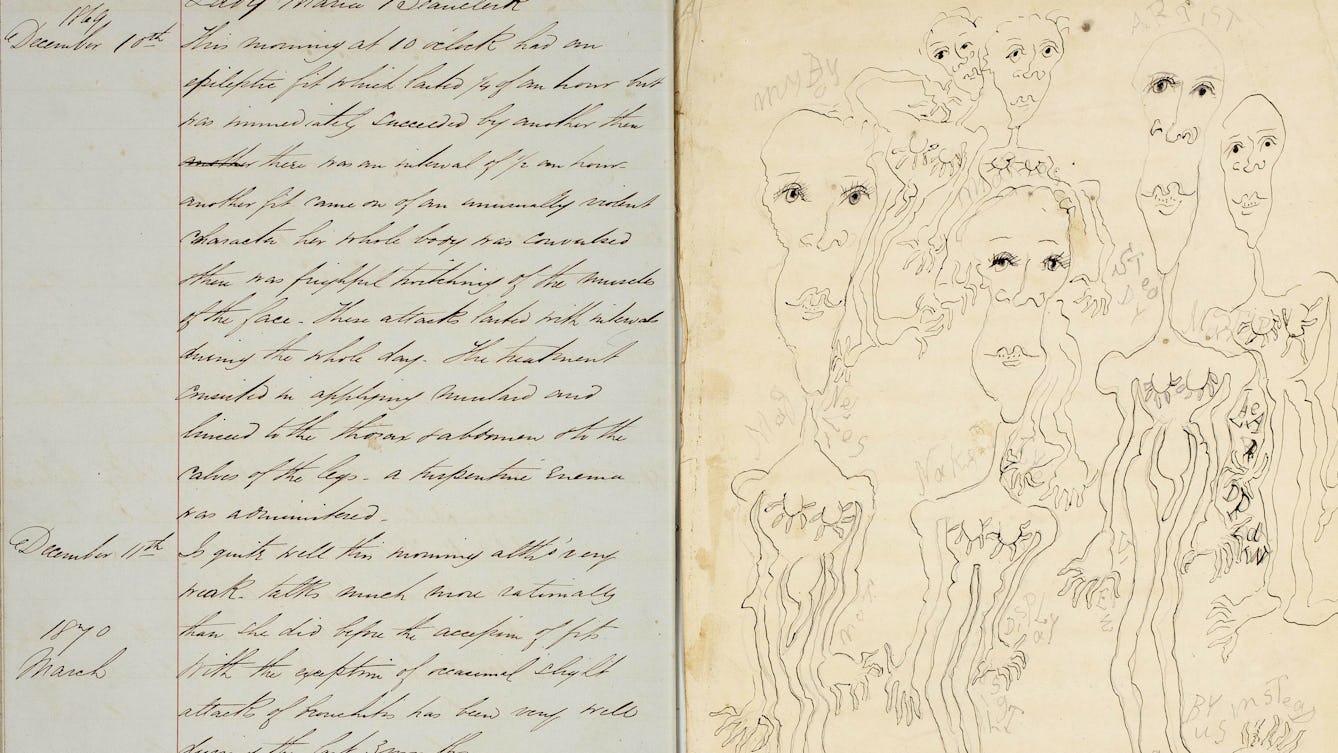
- Article
- Article
Uncovering experiences of dementia
Focusing on three 19th-century women’s case notes, Millie van der Byl Williams explores how our definition of dementia has changed.

- Article
- Article
The law of periodicity for menstruation
Dr Edward Clarke's Law of Periodicity claimed that females who were educated alongside their male peers were developing their minds at the expense of their reproductive organs.

- Article
- Article
The joy of playing hide-and-seek with rats
Playing hide-and-seek with lab rats has shown scientists that joy can be a great motivator for learning and social interaction – and not just for rats.

- Article
- Article
Artificial intelligence and the dream of eternal life
Until now, eternal life was the stuff of fiction, or in the unknowable realms of religion. But an artificial intelligence that ‘remembers’ the whole of an individual’s experience could be the way to life after death.

- Book extract
- Book extract
The history of brainwashing
Is it possible to control what other people think? In this abridged extract from his book ‘Brainwashed’, psychoanalyst and historian Daniel Pick offers us a new history of thought control.

- Article
- Article
The making of ‘Quacks’
How do you create a medical comedy that’s authentic and laugh-out-loud funny?
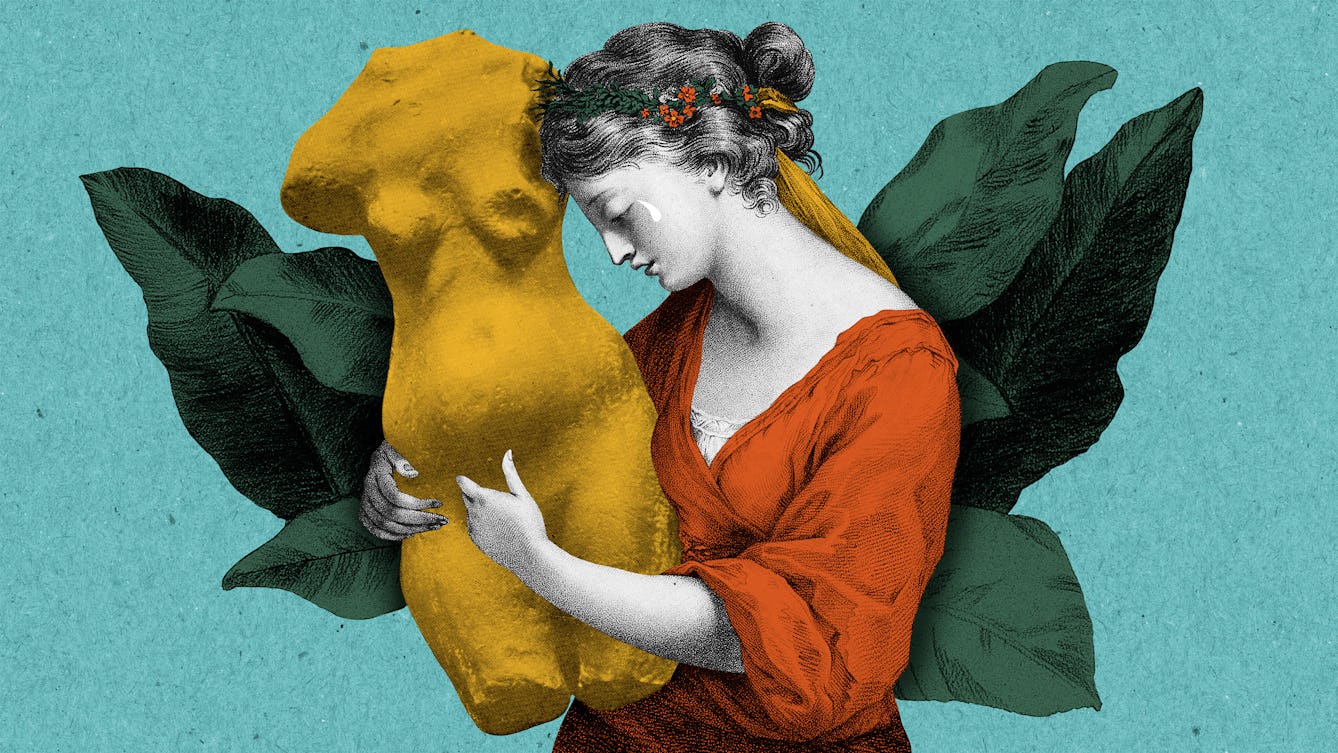
- Article
- Article
The secret sting of cystitis
Agnes Arnold-Forster recounts her experiences of cystitis, explaining how this illness intersects with sexism, shame, and stigma from medical professionals.
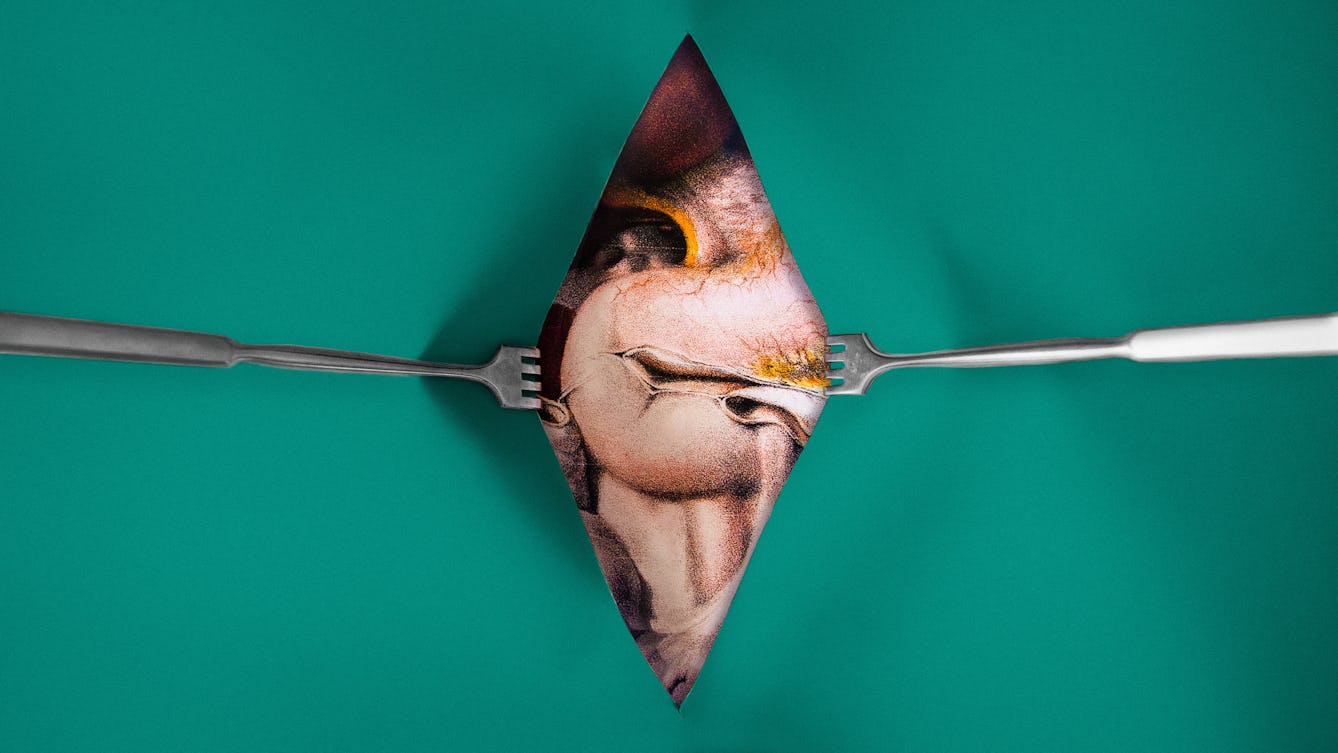
- Article
- Article
The case of the cancerous stomach
Steak and schnitzel were on the menu again after Theodor Billroth successfully excised a woman’s stomach cancer in 1881. Remarkably, today’s surgeons still perform the same procedure, with slight modifications.

- Article
- Article
The cures and demons of sleep paralysis
Discover the murky past of sleep paralysis, the terrifying disorder once associated with demonic possession

- Article
- Article
Seeds for the future
Indigenous groups have a key role as guardians of biodiversity, and their knowledge could help us all preserve our world. To survive, we all need to collaborate, reject prejudice, and share what we know.
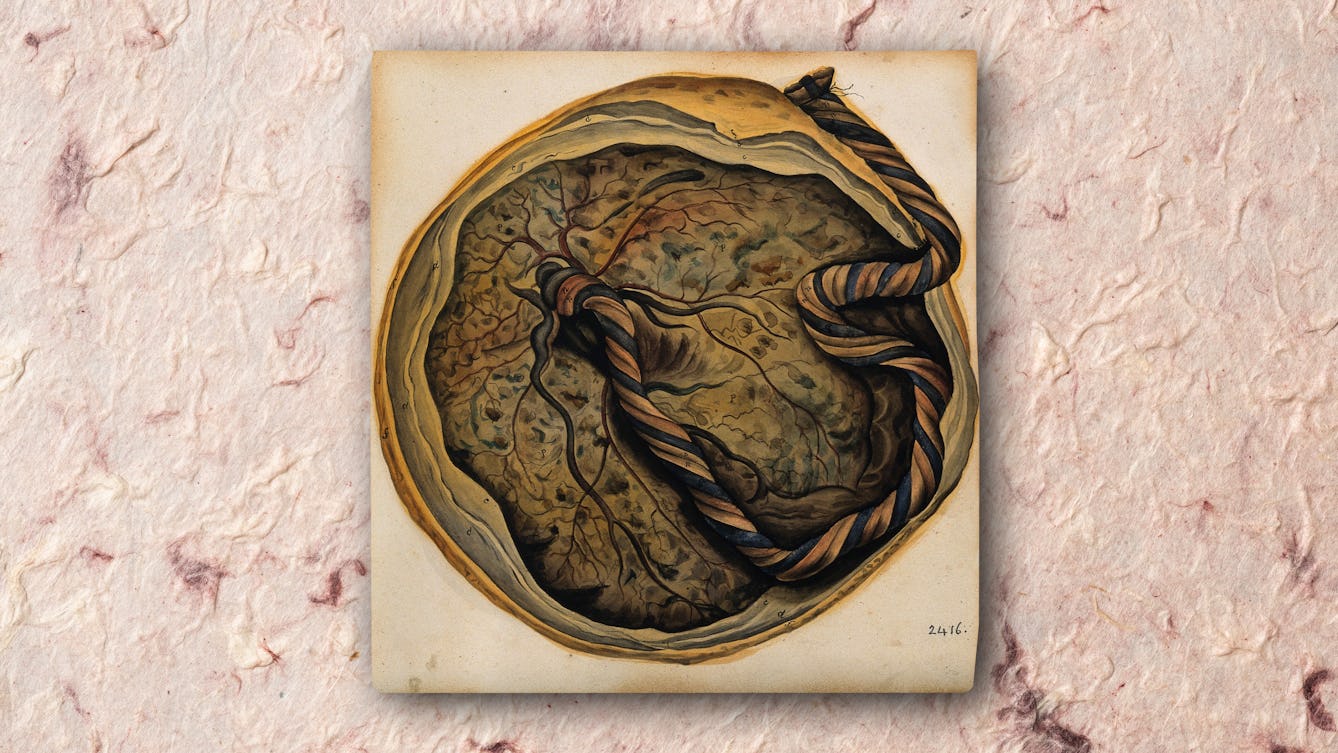
- Article
- Article
Womb milk and the puzzle of the placenta
A human baby needs milk to survive – and this holds true even before it’s born. Joanna Wolfarth explores “womb milk”, as well as ancient and modern ideas about the placenta.
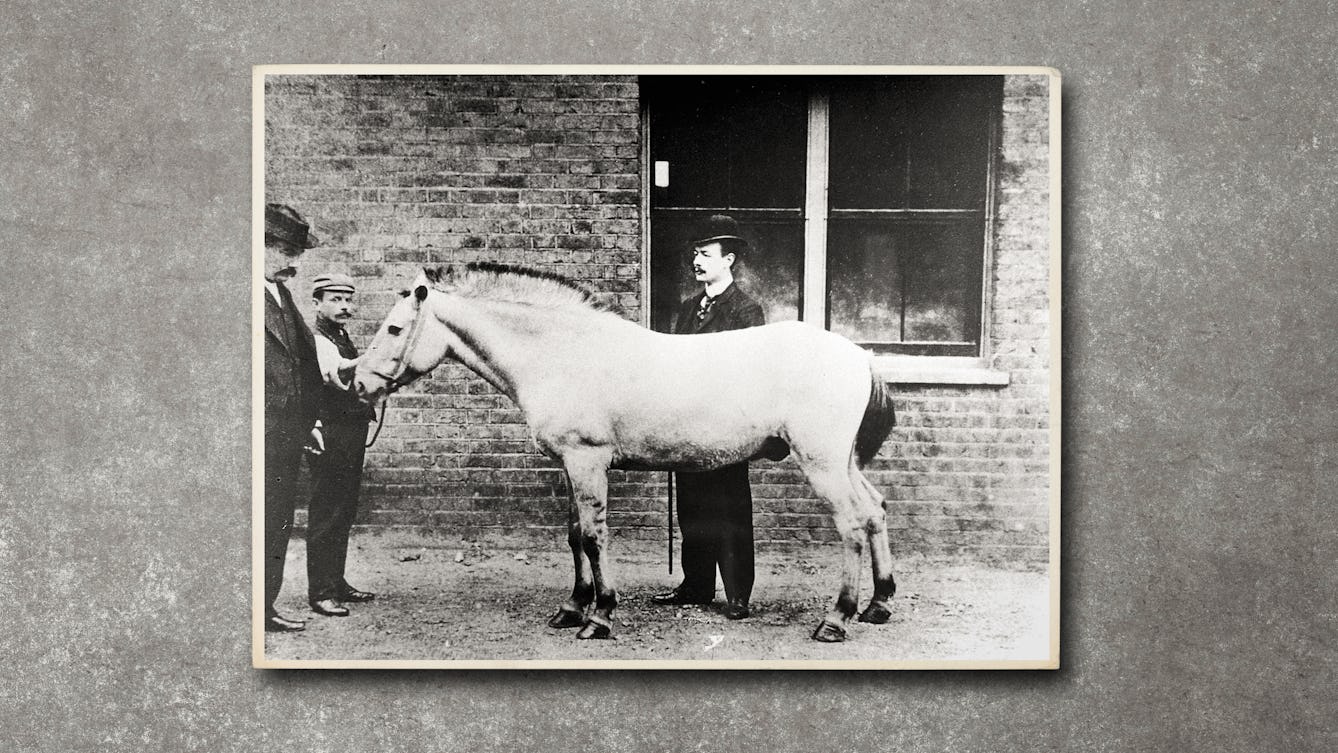
- Article
- Article
Jim, the horse of death
Horses’ blood was used to produce an antitoxin that saved thousands of children from dying from diphtheria, but contamination was a deadly problem. Find out how a horse called Jim was the catalyst for the beginnings of medical regulation.

- Article
- Article
How music opens the doors of memory and the mind
People living with dementia can often still listen, perform or move to music. What does this tell us about how memories are formed?
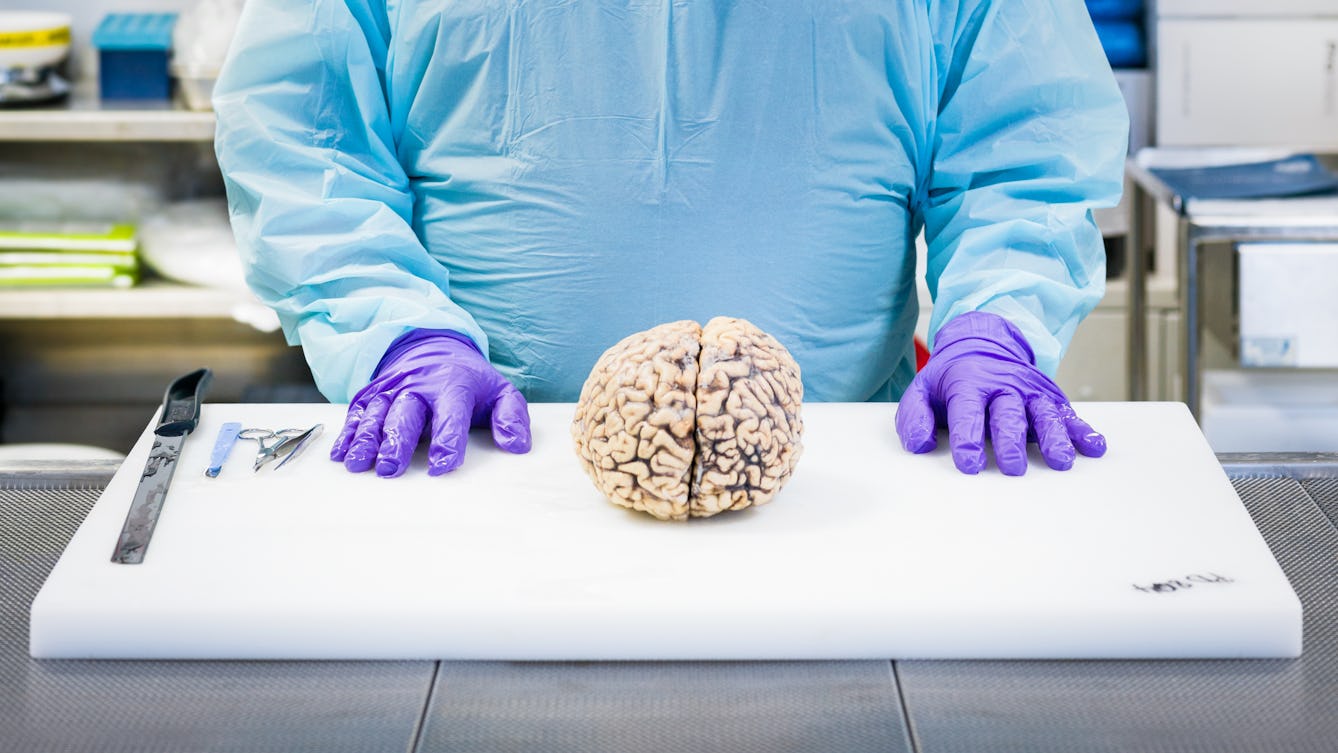
- Article
- Article
The anatomy of a brain dissection
Dissecting the brain after death not only helps confirm a diagnosis, but it can also teach us so much more about the symptoms and causes of brain diseases and how to treat them.
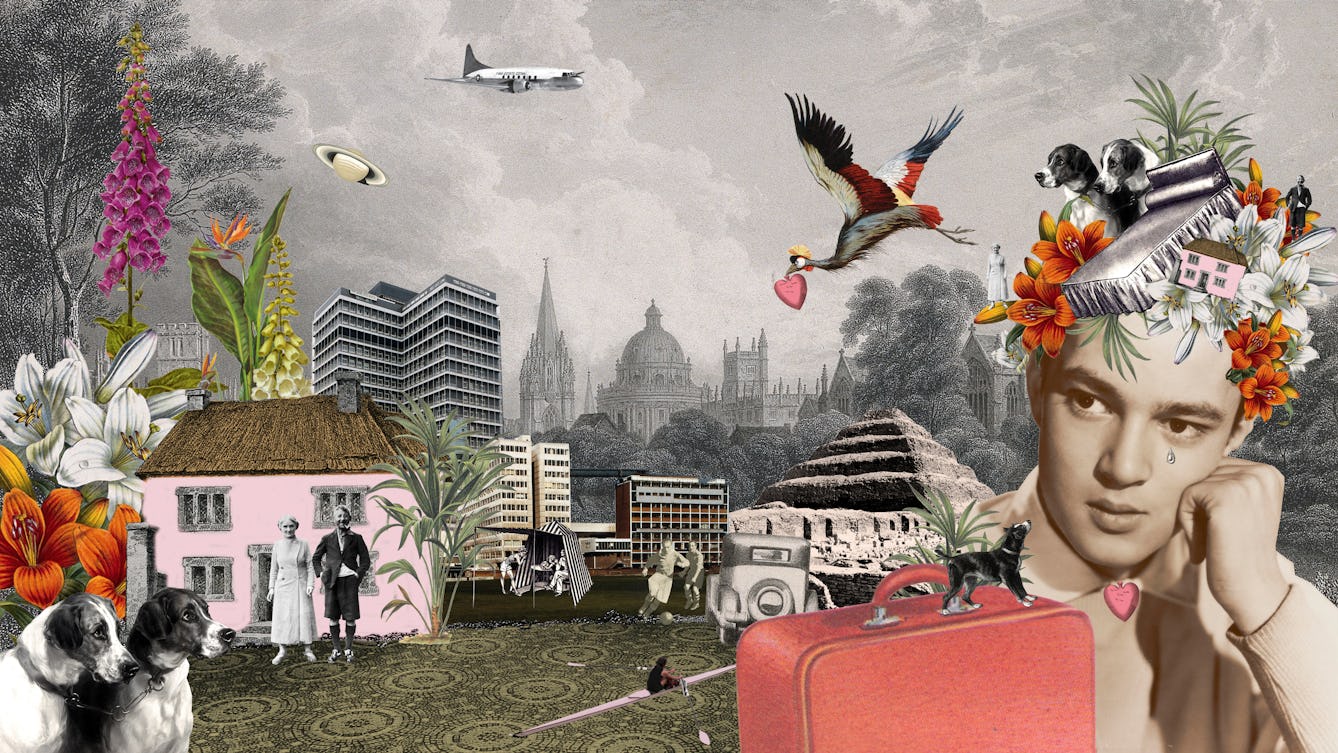
- Article
- Article
The complex longing for home
It could be mild, an almost poetic longing. Or it could be visceral, deep, an overwhelming feeling that eats into your everyday life. Come with Gail Tolley as she introduces a deep dive into homesickness.
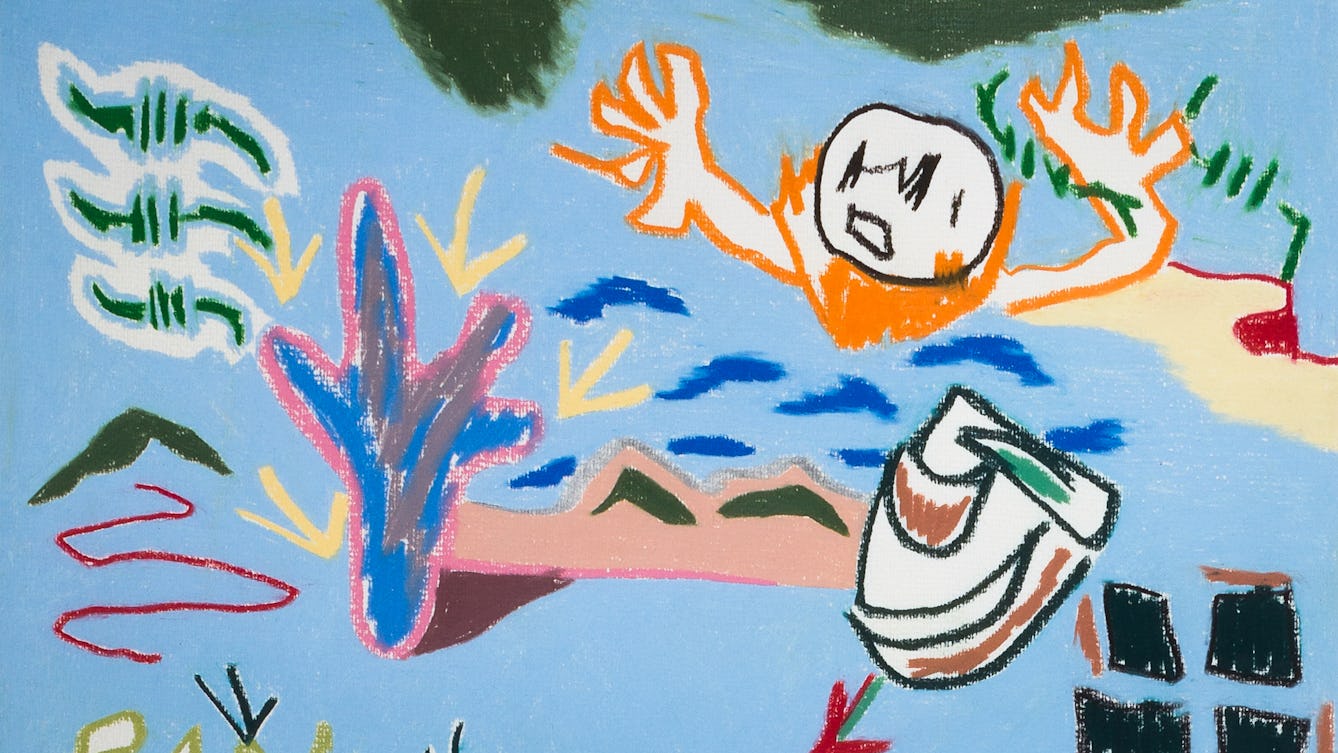
- Article
- Article
The indelible harm caused by conversion therapy
With first-hand evidence from two powerful testimonies, neurologist Jules Montague explores the destructive history of conversion therapy, a punitive treatment designed to ‘cure’ people of homosexuality.

- Article
- Article
The enduring myth of the mad genius
There’s a fine line to tread between creativity and psychosis.

- Article
- Article
The side effects of lithium mining
Laura Grace Simpkins attempts to untangle some uncomfortable truths about the social and environmental costs of making her medication.

- Article
- Article
‘Jessy’, a film about cerebral palsy
How the 1950s British film industry portrayed this disease.

- Long read
- Long read
Rehab centres and the ‘cure’ for addiction
Guy Stagg takes us on a brief history of rehab centres and their approaches to addiction and recovery.

- Article
- Article
The painter, the psychiatrist and a fashion for hysteria
A dramatic painting brings a famous event in medical history alive. But it also tells a tale about the health preoccupations of the time.